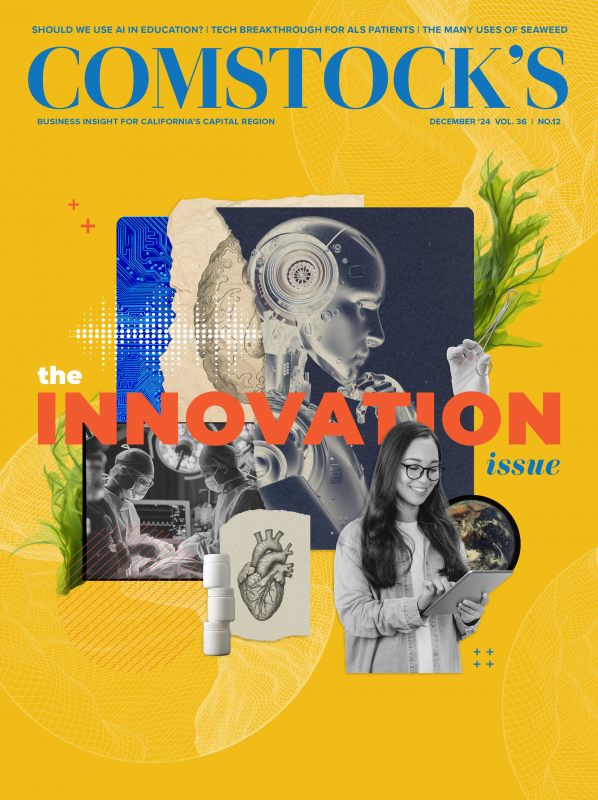It’s Monday morning, and I’m heading to a credit union I have not visited in over five years to make a withdrawal. An unfortunate plumbing incident burbled up at my condo over the weekend, and now that it’s fixed, my plumber needs to get paid. Sadly, the bill exceeds the contents of my small but mighty primary checking account, so it’s time to access my emergency fund. Why am I banking like it’s 1979?
Reader, I am a person with an avoidant attachment style — to money.
What is a financial avoidant, and did I just make up that term?
It’s me, and yes, I did. When I see a bill arrive in the mail, my stomach churns. When I see an envelope arrive bearing a bank logo, I fling it directly into the shredder. I hate money, which is inconvenient since it’s a basic fact of life.
The financial avoidant life chose me. It certainly wasn’t nurtured — my parents were both responsible savers, willing openers of bank mail and prompt monthly credit card payers who never messed up their taxes or ducked a call from a collections agency. My relationship to finances is like many people are with visiting the dentist: I turn into a ball of stress and dread that is, at minimum, embarrassing, and can actually be self-sabotaging.
Recently though, I decided to cut out the negative self-talk and instead accept myself as I am. Over time, I’ve developed strategies to work around my limitations, and you can use these methods to reframe your own relationship with money in the new year.
Hide money from yourself
If you’re not tightly tracking your accounts, you can’t know when you’ve reached your own spending limit, so I put backup plans in place for myself.
It’s why I drove to a credit union after the Great Plumbing Mishap: I have several accounts for which I have no paperwork, no associated debit or credit cards, and no paper statements to haunt my mailbox. To access your accounts, all any bank needs from you is a state-issued ID.
So get out there and find yourself an interest-bearing savings account. When you open it, take care to avoid any regular online or paper trail. Then, when the plumbing hits the fan, you aren’t left standing in financial hot water with no emergency fund to dip into.
A reminder, though, unless your money is in a federally insured financial institution, it’s not truly safe. And don’t keep cash in your house! Mattress money isn’t earning anything.
Lastly, should you emerge from a coma with amnesia or, sadly, you die, no one will be able to figure out your labyrinth of finances. Consider writing it all down and putting it into a safe deposit box. If the only evidence of your finances exists in your own brain, you’re not going to have any way to pay the hospital bill when (or if?) you get out of that coma.
Automate everything, and set reminders when you can’t
My 401(k) contributions sneak out of my paycheck before I ever see them, tax-free. I don’t miss the money and plan to thank myself in my later years. I chose a Roth IRA because taxes are taken out now, so I won’t have to pay out later when I will still be the same person: mad at taxes, but with grayer hair. As for investments, I never look at account statements, which is how I sleep soundly even when the stock market takes a dive.
For bills, I choose autopay whenever I can so I never have to risk an accidentally missed payment because I didn’t open the mail. If I can’t autopay it, I pay any remaining bills out of only one bank account because there is absolutely zero chance I will log onto multiple websites every month.
And I set lots of reminders. Knowing I’ll never visit my online bank accounts for funsies, I electronically remind myself to make payments or stop subscriptions — basically anything that’s not automated.
Use Venmo (or another peer-to-peer payment method) as sock
money
When someone pays me back for something, I leave it there, and
that becomes my hidden money for salon visits or other small
luxuries. Note: Actual financial experts will tell you not to
keep money here, so cash out anything above the amount you plan
to spend in the near future.
Hire a tax professional!
Taxes are again upon us — ugh. I happily pay a pro to do my taxes each year — they save me more than their fee costs. No more tax-time stress spirals for me. Or you, in 2025.
My fellow financial avoidants, in your financial life as with all of life, embrace the ways in which you are different and strategize for the type of person you really are. Now look at you! You’re a perfectly competent person with secret money.
Susan Burns works in the communications department at SAFE Credit Union in Sacramento, where she regularly writes about personal finance. This is the first time she has written about her own, highly flawed, relationship to money.
Stay up to date on business in the Capital Region: Subscribe to the Comstock’s newsletter today.
Recommended For You

‘Hushed Hybrid’ Trend May Thwart Return-to-Office Efforts
Companies are changing their work policies, but managers don’t always enforce them
Hushed hybrid is the latest trend that could impede a successful return-to-the-office strategy. What is hushed hybrid (or hushed remote)? It’s when managers overrule, dismiss or choose to not enforce the company’s return-to-office policies.

How to Foster Cohesion in a Politically Divided Workplace
3 steps to leading through the tensions of election season
As the respectful exchange of ideas decreases, we’re left with a toxic “third rail,” where any reference to politics can cause major conflict and division in our workforce. So how can business leaders protect the workforce from tribalism this political season and instead build cohesion?
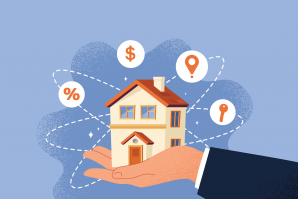
The Changing Landscape of California Real Estate: What Home Buyers and Sellers Need to Know
By now, you have heard media stories — with varying degrees of accuracy — outlining significant changes in residential real estate practices that are likely to reshape the dynamics of home buying and selling. Here’s what will actually happen.
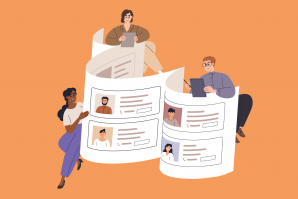
How to Hire Effectively During the Great Stay
According to the Bureau of Labor Statistics, 400,000 fewer people quit their jobs in April 2024 than in January 2023, initiating the era of the “Great Stay.” Counterintuitively, because fewer employees are leaving, employers have a smaller pool of candidates actively searching for jobs.
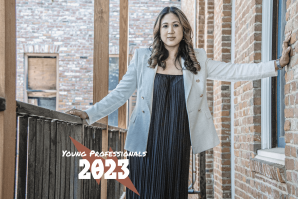
Young Professionals: Ananda Rochita
Meet the 10 young professionals who are rocking it in their careers and community
Ananda Rochita’s first language was Indonesian; by the time she started kindergarten, however, she also spoke English — thanks to time spent in front of the television watching the news. Years later when it came time to decide on an area of study, perhaps unsurprisingly, she chose journalism.

In an Era of Artificial Intelligence and Big Data, Human Touch Is Needed
While AI can assist with some decisions, it’s feasible that, at some level, overreliance on these technological capabilities and purely data-based extrapolation could result in society losing touch with our own intuitions as business leaders, parents and friends.
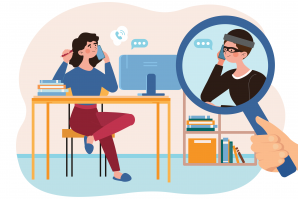
The Dangers of Fake Applicants
How businesses can protect themselves from deepfakes and other scams
Many job applicants are growing savvy to the risks of job scams, which reach 14 million people each year, according to the Better Business Bureau, and mine sensitive information like one’s Social Security number. Fewer businesses are aware that they can be the target of job scams, too.




